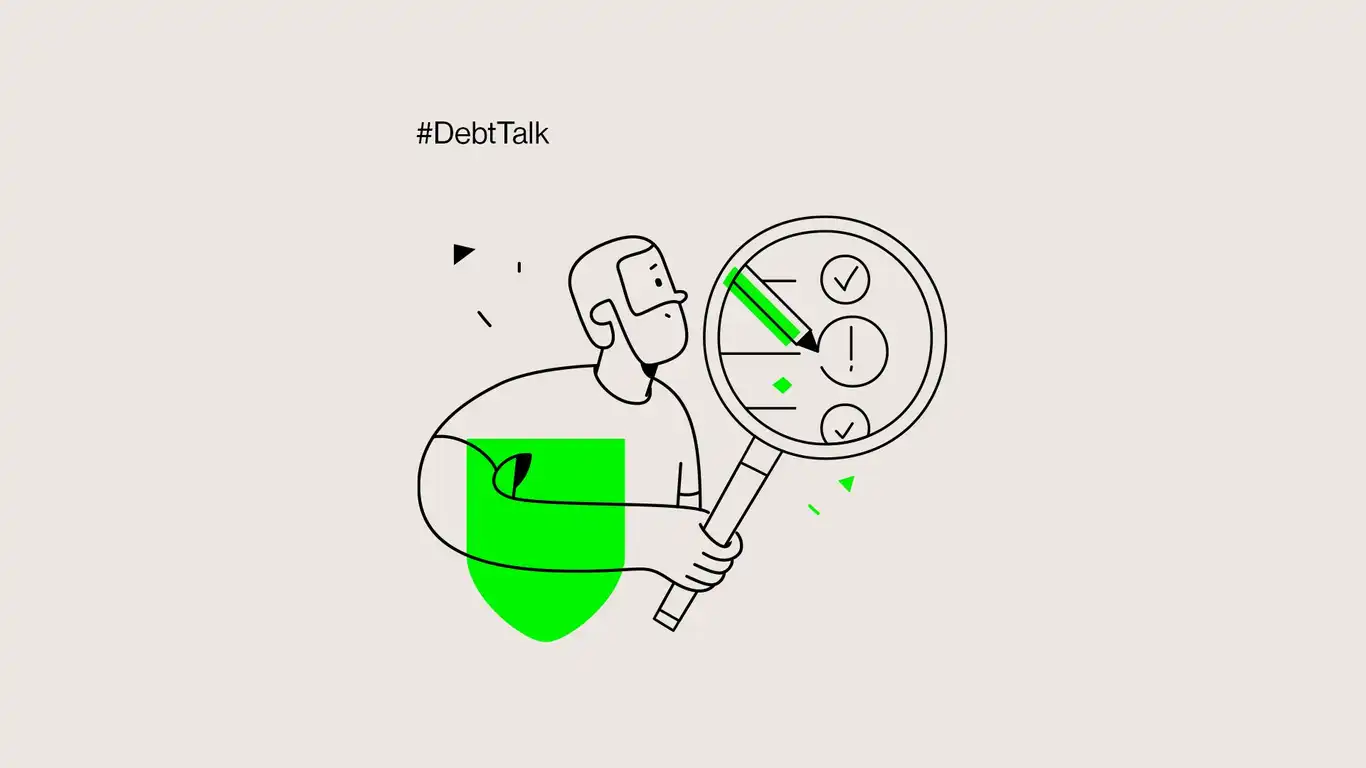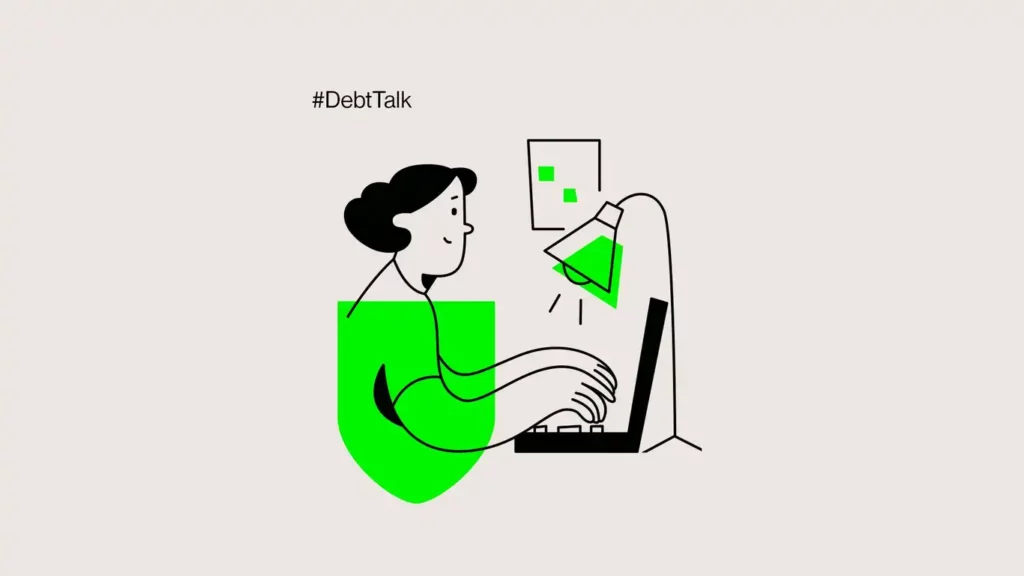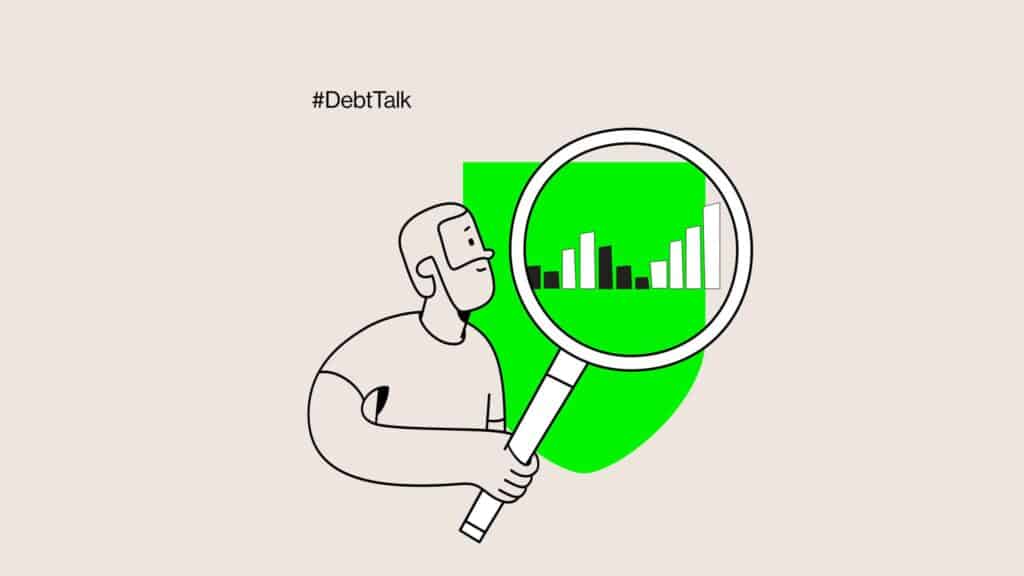Companies now have a choice when considering how best to deal with bad debt. Our guide outlines the advantages of selling your entire bad debt book to a debt purchaser and what you can expect to receive in return.
When is it time to sell your debt?
Companies rightly become frustrated with the huge difficulties associated with recovering bad debt. Staff aren’t normally trained in this area, and it’s time-consuming and expensive for companies to have to reassign team members away from growing business to chasing debtors.
So, once bad debt and delinquent receivables pass between 90 to 365 days from the last payment date, it’s well overdue to consider calling in the experts. Read more on DebtManagers’ approach.
What are your options when selling debt?
You have multiple options. Either engage an external contingent debt collection agent or sell directly to a debt purchaser or a bit of both.
The former means that an external debt collection agency works the file on your behalf and you’re only paid when the money is collected. Typically, contingent collectors charge your customers an additional fee on top of the money they already owe. This makes repaying the debt more difficult for your customers as they also have to pay the collection fee. You also have limited visibility and predictability of the potential receivables or timing of cash returns.
Alternatively, with debt purchase, you assign the ownership of the debt in return for an immediate one-off payment. What’s more, a sale of debt to a debt management business allows a long term rehabilitation of your customer which safeguards your company’s reputation and boosts your bottom line with an immediate cash realisation on sale. We will work with you to design a bespoke solution, plus help rehabilitate your customers.
What to look for when choosing debt buyers?
Ensure that the company you are negotiating with transparently shares their financial eligibility criteria and agrees to work with you to optimise your value realisation. You may also want to ask whether the debt buyer is open or has a policy regarding buy-back mechanisms, so, should you wish, you can regain control of the debt. You should also expect to see evidence of extensive industry experience and gain an understanding of the debt buyer’s motivations and company values.

Other questions to consider:
- Have they demonstrated fairness and empathy for customers struggling to repay debt?
- Do they take time to create customised repayment plans rather than short-term demands that put vulnerable people in greater stress?
- These socially responsible processes are becoming vital for companies wanting to comply with tightened, safe-lending guidelines and regulations.
How to best negotiate with debt buyers?
As mentioned, you’ll want to optimise the agreed amount. It’s important to realise, however, that the debt in question has clearly reached a point where any amount is better than the alternative, so expectations need to be realistic. Your negotiations should focus on the type and age of your debt, location of customers, debt size, frequency of prior payment and internal credit processes. Again, an expert debt purchaser will want to analyse the data before settling on a fair and competitive price.
What are the legal aspects of selling debt?
Lending criteria and CCCFA guidelines, in tandem with the Fair Trading Act, Privacy Act 2020 have, as mentioned above, seen regulations tighten significantly. You need to be certain your chosen partner has a compliance team that scrutinises their internal customer interactions and the processes are robust.
Identifying and supporting debtors who face genuine hardship is now a vital part of debt recovery so ensuring your partner embraces this strategy is an essential element in terms of choosing the right company to represent you.
Talk to us or visit our website for details about our extensive industry experience and modern systems that are delivering results for large corporates and small to medium enterprises alike #debtmanagers.




